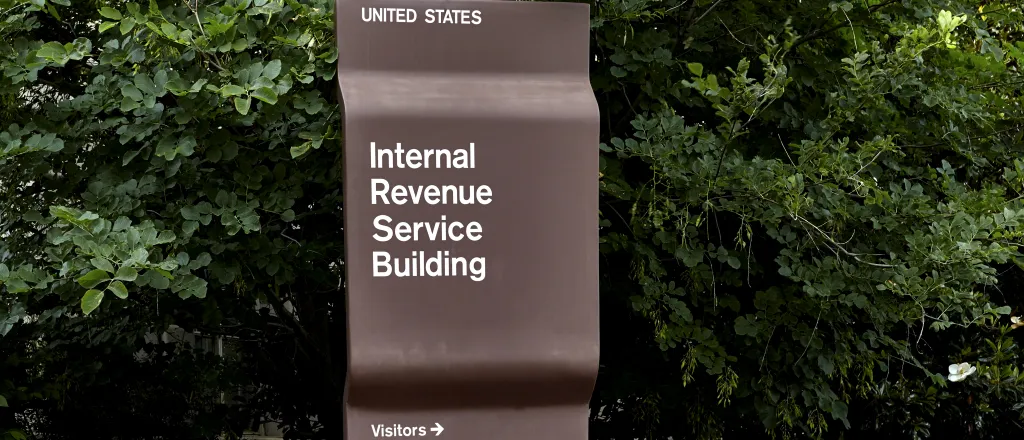
Colorado lawmakers again urge IRS not to tax TABOR refunds
(Colorado Newsline) For the third consecutive tax year, Colorado members of Congress on both sides of the aisle are urging the Internal Revenue Service not to tax the state’s flat refund payments to residents under the Taxpayer’s Bill of Rights.
Colorado’s congressional delegation wrote in a letter to IRS Commissioner Danny Werfel this week that the issue of whether TABOR refunds are treated by the agency as taxable income should “be resolved in a timely manner to avoid further confusion for taxpayers in our state.”

“As you are well aware, the IRS has never considered TABOR refund payments as taxable income since the state constitutional amendment was ratified by Colorado voters in 1992 — over thirty years ago,” said the letter. “A change this significant would take considerable time and resources from the state to ensure regulatory stability and to appropriately inform the public of how these changes may affect them. It would also have a significant impact on taxpayers — especially low-income taxpayers — who may have new unanticipated tax obligations as a result of this policy interpretation.”
Democratic U.S. Senators Michael Bennet and John Hickenlooper, Democratic U.S. Representatives Yadira Caraveo, Jason Crow, Diana DeGette, Joe Neguse and Brittany Pettersen, as well as Republican U.S. Representatives Lauren Boebert, Greg Lopez and Doug Lamborn, all signed the letter.
Uncertainty over the issue began with the 2022 tax year, when the IRS, responding to a wave of special tax refunds issued by states in the wake of the COVID-19 pandemic, raised the possibility of treating such payments as taxable income. Colorado issued $750 flat refunds to all individual tax filers in 2022, and $1,500 payments to all joint filers, rather than use a tiered system based on income levels, as the state had done in the past.
The IRS has twice previously backed off its plans and announced it would not tax TABOR refunds in tax years 2022 and 2023. Guidance released by the agency last year revived the possibility of taxing the payments in the future, but a new state law enacted in the 2024 legislative session should resolve the issue going forward, lawmakers say.
“I appreciate … the Colorado delegation for their support in ensuring that Coloradans’ TABOR refunds are not taxed and keeping more money in the pocket of hardworking Coloradans,” Governor Jared Polis said in a statement. “I urge the federal government to maintain the decades of precedence that tax refunds are not taxed.”
TABOR limits the amount of revenue the state can retain and spend. The limit rises based on inflation and population growth, and revenue collected in excess of the limit must be refunded to taxpayers.
Colorado Newsline is part of States Newsroom, a nonprofit news network supported by grants and a coalition of donors as a 501c(3) public charity. Colorado Newsline maintains editorial independence. Contact Editor Quentin Young for questions: info@coloradonewsline.com. Follow Colorado Newsline on Facebook and X.
















